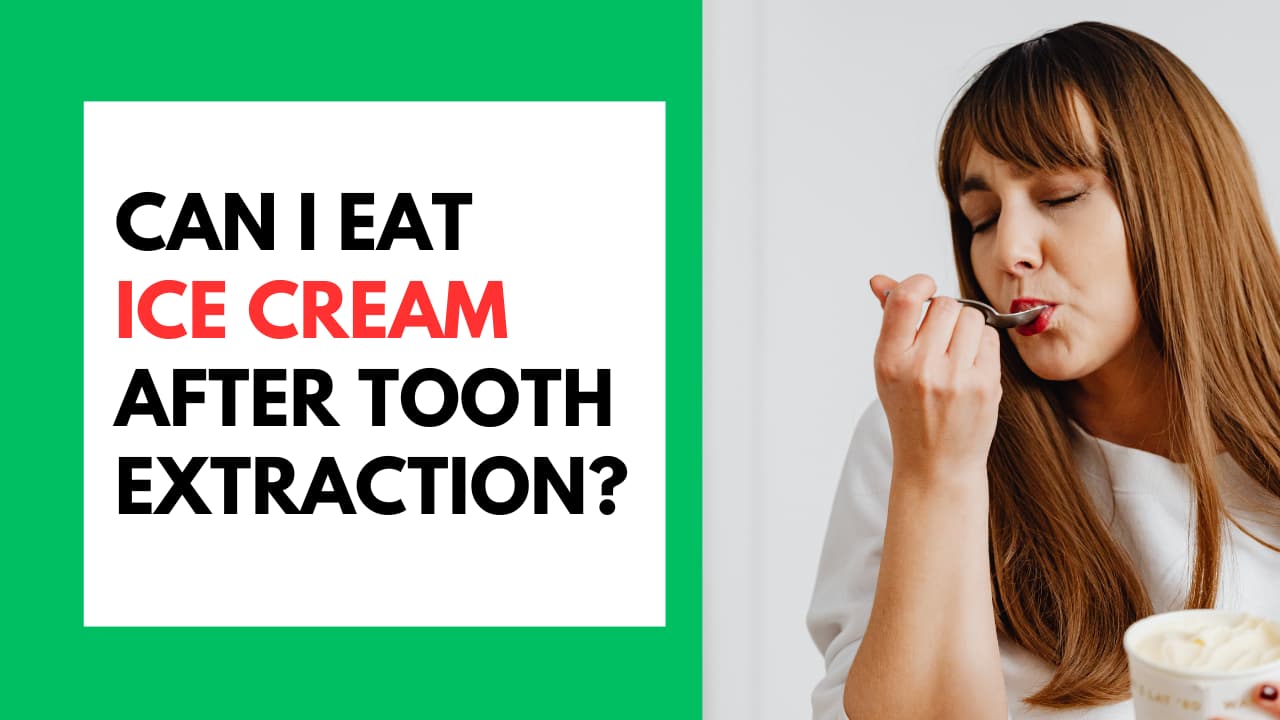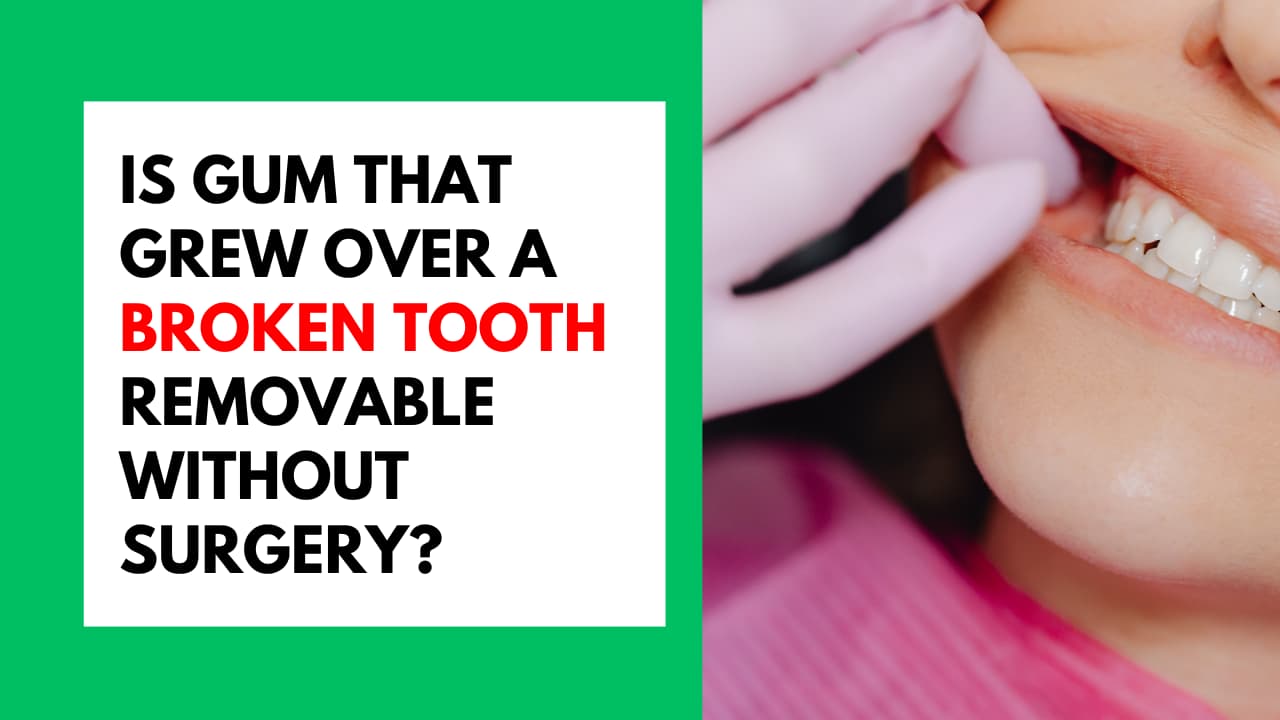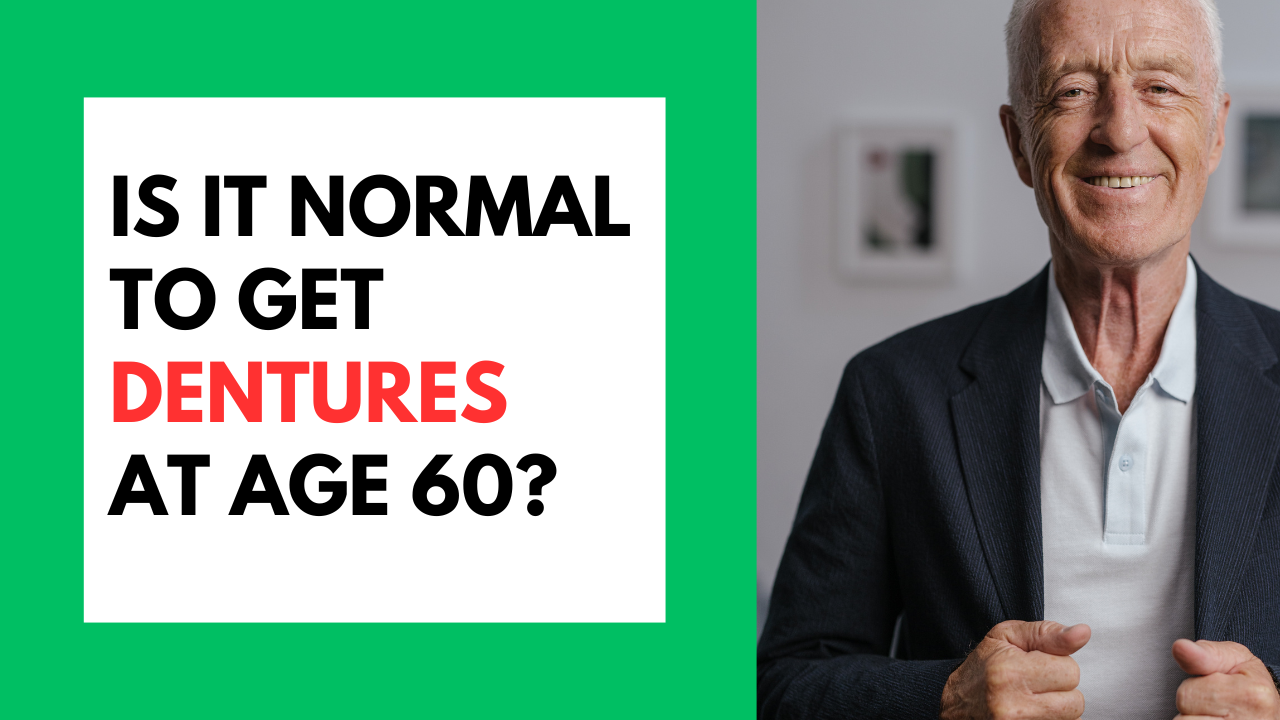Tooth gems are a fun way to add some sparkle to your smile. They are all over social media, intriguing fashionistas, especially teenagers, to try it. However, your dentist might not agree with it. They indeed are fun to look at, but you must put your dental health first. Remember that a healthy smile is the best-looking smile. So it’s better to consult your dentist first before you jump on the bandwagon.
Expert in This Article
Dr. Allen Jahangiri, founder of Noble Smile Family and Cosmetic Dentistry, offers insight informed by broad experience in general, pediatric, and implant dentistry.
Effects of Tooth Gems on Your Dental Health
Tooth gems, made popular by celebrities and influencers, add sparkle to your smile, but they can also harm your dental health. These tiny jewels are glued onto your teeth, often requiring a bit of enamel to be removed to make them stick. While they’re mostly used for looks, they can lead to long-term problems for your teeth and gums.
According to Dr. Allen Jahangiri of Noble Smile Family Dentistry, “Tooth gems might seem harmless, but they can damage your enamel and make it easier for plaque to build up. That’s not a good idea if you care about keeping your teeth healthy for the long run.” The following are how they affect your dental health:
Damage to Enamel
Putting on a tooth gem usually means scraping the tooth’s surface slightly. Enamel is the hard, protective outer layer of your tooth. Once it’s damaged, your tooth becomes more likely to get cavities, feel sensitive, or decay. Over time, the gem can scratch or weaken the enamel, making it easier for harmful bacteria to reach the tooth.
Plaque Buildup and Tooth Decay
Tooth gems can trap food and plaque in small spaces around the jewel. These spots are hard to clean, even if you brush and floss carefully. Bacteria can grow there, leading to cavities, gum disease, and bad breath. As Dr. Allen Jahangiri explains, “not cleaning properly around tooth gems can make these problems worse over time.”
Stains and Discoloration
After wearing a tooth gem for a long time, the spot where it was placed might look a different color than the rest of the tooth. This happens because that area didn’t get cleaned the same way. Fixing the discoloration might require cosmetic treatments like veneers or bonding.
Gum Problems
If a tooth gem or grill isn’t placed correctly, it can bother your gums, causing swelling, pain, or even infection. Wearing them too long may also lead to gum recession. Dr. Jahangiri also warns that poorly placed gems can mess with your tooth alignment.
Speech and Biting Trouble
Large gems or grills can affect how you talk, causing a lisp or making it hard to say certain words. They can also be risky when chewing, biting down on a gem could chip or crack another tooth.
Dangers of DIY Tooth Gems
Trying to put on a tooth gem at home using the wrong glue or tools is even more dangerous. It can lead to allergic reactions, gum damage, or permanent harm to your teeth. Getting them professionally applied is safer, but still carries risks.
Are Tooth Gems Permanent?
Tooth gems usually aren’t permanent. Most are meant to stay on for a few weeks to several months, and sometimes up to a year, depending on things like how well you care for your teeth, what you eat, and the type of glue used. Over time, the glue wears out, and the gem will eventually fall off.
How to Protect Your Dental Health While Wearing Tooth Gems?
If you still can’t give up on the trend and wish to give it a try. Consider taking the following measures:
Choose Professional Application
It’s best to have a tooth gem applied by a licensed dental professional. Doing it yourself with home kits or the wrong glue can damage your enamel, cause infections, and lead to serious dental problems. A dentist will first check your teeth and gums to make sure they’re healthy, then use safe, dental-grade materials to apply the gem properly.
Maintain Top-Notch Oral Hygiene
To keep your teeth and mouth healthy, brush your teeth at least twice a day using a soft toothbrush and gentle strokes. Be careful around the gem so you don’t loosen it. Floss every day, making sure to clean well around the gem to remove food and plaque. Using a fluoride or antibacterial mouthwash can also help reduce bacteria and keep your teeth clean.
Regular Dental Checkups
Make sure to visit your dentist regularly for cleanings and checkups. Your dentist can check the condition of your tooth and gum, look for any early signs of decay or irritation, and safely remove or replace the gum if needed.
Avoid Hard or Sticky Foods
Try not to bite into hard foods like ice, nuts, or hard candy, and avoid sticky foods like gum or caramel using the tooth with the gem. These can loosen the gem or break the adhesive holding it in place.
Monitor for Problems
Keep an eye out for any discomfort, swelling, or if the gem feels loose. If you notice anything unusual, see your dentist right away. Also, be aware of any allergic reactions to the gem or glue, especially if you’ve had allergies before.
Avoid Abrasive Products and Habits
Stay away from gritty toothpastes or harsh mouth products, as they can scratch the gem or wear down the glue. Don’t use your teeth to open things or chew on items like pens, which can harm both your teeth and the gum.
Know When to Avoid Tooth Gems
“Tooth gems aren’t a good idea if you have weak enamel, gum disease, or get cavities often.” Says, Dr. Allen Jahangiri. Also, if you’re allergic to any dental materials, talk to your dentist before getting a tooth gem to make sure it’s safe for you.
Wrapping Up
Tooth gems can be a fun and stylish way to show off your personality, but they do come with some risks. They aren’t necessarily bad for your teeth, but if they’re applied the wrong way or you don’t take care of them properly, they can lead to serious dental problems. So, before getting one, make sure you understand the downsides and always go to a qualified dental professional for safe application.

Annie Edith is an experienced journalist and content creator with a strong passion for health and wellness. She takes a unique approach to her writing, exploring the latest trends in Dental, Fitness, and mental well-being, while providing readers with informative, research-based articles.





